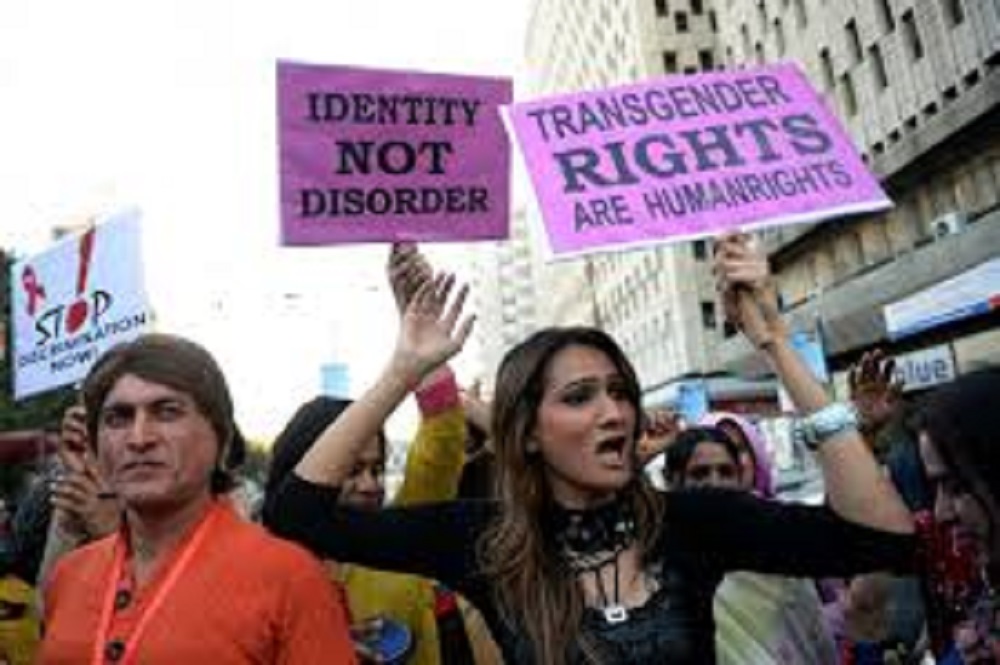Globalization has transformed the way we comprehend various global systems and how we shape our personal and economic practices, values and ways. In the last few decades, we have been witnessed to a major transformation in education, policy making, digitization, and most importantly healthcare.
COVID-19 created a major havoc. it still remains, but it enabled us to see the bigger picture, Forced us to be more resilient, to make systems more efficient and effective despite the major barriers we face. Allowed us to create, adapt and innovate towards a better future for us and for the future generations. We witnessed a decentralized socio-political movement ‘Black Lives Matter’ in the same time which effected more regions than just the Americas and Europe, it brought major chaos in Pakistan and even caused one of our bigger multinational corporations, Unilever, to ultimately change their ‘Fair and Lovely’ product branding to ‘Glow and Lovely’.
There have been such major events in the past few months, we have countered a global public health catastrophy and are still dealing with it, we faced a huge anti-racism movement and made lots of progress in that area, but the transgender community is still facing so many harships. They struggle to access any education, employment, and basic necessities such as access to quality primary healthcare in general.
The total number of transgender people reported by Pakistan’s Sixth Population and Housing Census is 10,418. These members of the transgender community in Pakistan were not termed as ‘citizens’ before 2009, they lived without NIC cards and even with no passports; their identities have forced them to face serious challenges, even in this techno- logically advanced developing era. They face much stigma and discrimination and suffer from serious healthcare disparities. There are not many healthcare specialists in our country for the trans community who can meet the needs of specific care that these health seekers require.
Kami Sid, an actor and trans activist points out that transgender persons can not afford healthcare treatments from private hospitals in Pakistan and strong discrimination are prevalent at the government hospitals against the community members prevents them from visiting public health systems.
The Aurat March has also proved to be a great advocacy for trans health. They have recently released their manifesto which asks for an increase to 5% of the national budget for health, which has painstakingly remained under 1% for many years, and for ensuring proper healthcare for the marginalized communities of Pakistan.
“We recognise gender-based violence and violation of our bodies as a health- care issue since it disproportionately harms the physical and mental capacities of survivors, and their loved ones,” said a representative of the Aurat March early this year. It is the need of the hour to shift even a little of our focus to healthcare delivery effort. The national healthcare delivery system of Pakistan must work towards the provision of adequate and efficient healthcare for the transgender community. Although in 2017, the senate committe approved a bill for complete legal protection of the transgender community, there are still barriers present and such policies must be reassessed and more importantly implemented properly. In addition to this, it is appalling how there is no proper data or research for the trans community health care. In Pakistan’s defence it already has an overall under efficient and poor standardized EMR system but special attention must be paid towards these usually unnoticed communities if any advancement is to occur. We don’t even have any data for the number of trans deaths from COVID-19 or any other virus in that case.
The first step towards this would be understanding existing data and knowledge about the trans community and their health needs as a specific – it must be made a routine part of medical studies nationwide. Next would be to make available even the basic primary health facilities for transgenders and to attempt to reduce the stigma around it. This would require strategic communications and marketing strategies by the national government. The provinces must align together and work towards this huge gap in the health sector. Only then can we actually move towards equality and gender inclusivity.


